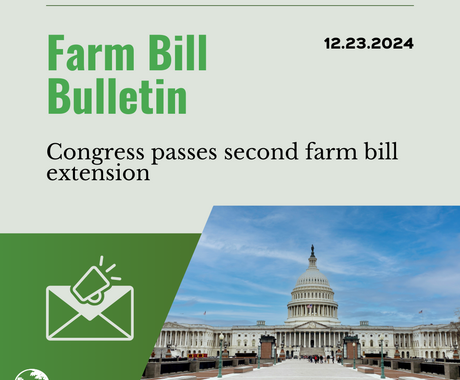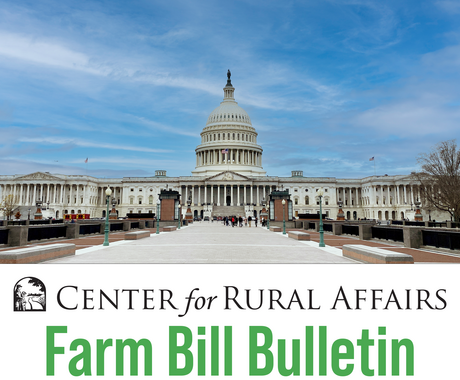By Lindsay Mouw, former staff member
Nebraska's public power districts provide some of the most reliable and cost-effective energy in the country. Our state’s residential utility electricity rate is nearly 30% lower than the national average, and Nebraska was recently named the top state in the country for power grid reliability by the U.S. News and World Report.
Nebraska’s public power model is effective because its publicly elected boards of directors have the expertise to make informed decisions and work in the best interests of their customer-owners. This model is possible because board members are elected on a nonpartisan ballot that allows candidates to compete based on their expertise rather than political affiliation.
A bill currently before the Nebraska Legislature wants to make the elections partisan.
Legislative Bill (LB) 541, introduced and designated as a priority bill by Sen. John Lowe, recently advanced to the second of three rounds of debate. The legislation is concerning because it would increase partisanship in our state at a time when less partisanship is desired, not more. In a survey conducted by the University of Nebraska-Lincoln last October, two-thirds of respondents said they viewed the lack of civil political discourse to be either a very serious or somewhat serious problem. As we observed in the Unicameral last year, partisanship is not constructive; rather, it divides people and makes governing bodies less effective.
George Norris, founder of Nebraska’s public power system, was clear about keeping public power nonpartisan when he emphasized that “national party lines often have little to do with local government.” To achieve cooperative progress, we need leaders who will focus on the issues at hand rather than reiterate divisive labels that have no practical effect on this issue. Public power board members should be elected based on their engagement with local issues and concern for the common good, not partisan issues that are irrelevant to utility regulation.
This bill could open the door to further partisanship in other historically nonpartisan elections, such as those held for boards of education, natural resource districts, and the Nebraska Legislature. This is a door we do not want to open.
Public power board members take the responsibility of maintaining reliability and keeping costs affordable to customers seriously. They do this well because they were elected for their qualifications rather than political identity. Senators should reject LB 541 and any attempts to make our state more partisan.





